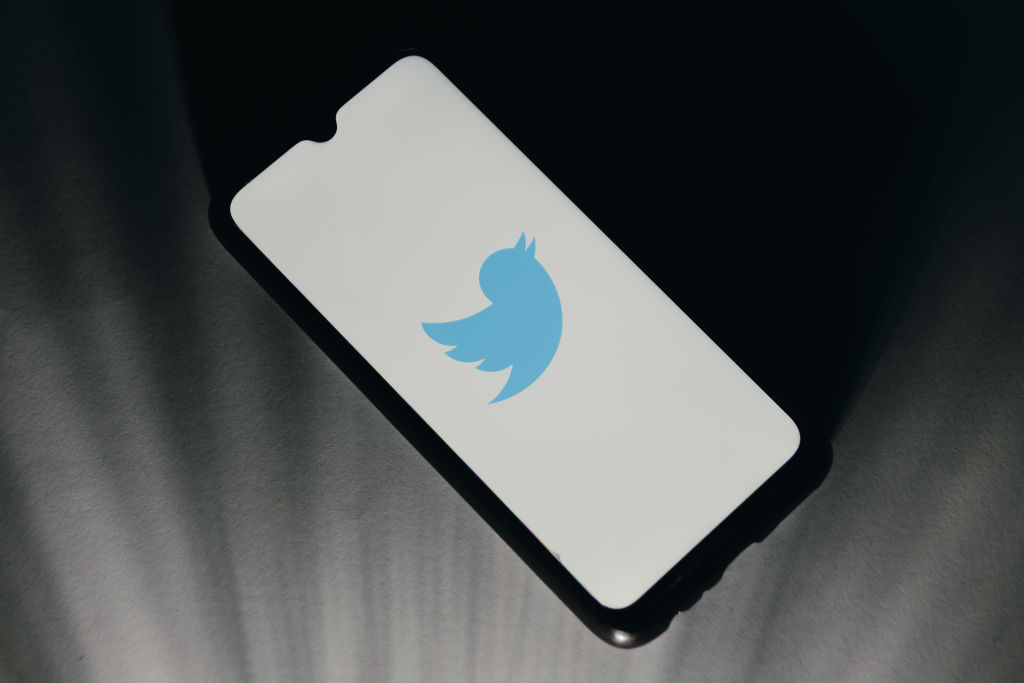A note on AI
Parts of this article have used AI in it’s creation. AI was used for help rephrasing sentences, create a structure outline, and to create some images. The overwhelming majority of content was written by me.
Recently, the engineering team of Twitter (now known as X) announced a significant change to the platform: making likes private. According to a tweet from @XEng, the decision aims to “better protect your privacy.”
However, this move is overwhelmingly detrimental, posing severe risks to the platform’s integrity, user engagement, and child safety. Let’s go over why this change is bad for everyone involved.
The Role of Likes in Social Media
The role of likes is fundamental in user engagement on social media platforms, as they offer instant feedback, recognition and approval for what content creators have shared. Although the authors of tweets can still see who has liked their posts, this data is now private. Others can only see the count of likes without knowing the specific individuals behind them. Loss of visibility to others – regarding who exactly appreciates a post with a like – takes away much of the positive reinforcement that users get when they post content to Twitter. Without public likes, community support is signaled weakly, which consequently waters down the sense of approval. This, in turn, diminishes the motivation users might have towards actively participating or sharing their own material.
Impacts on Influencers and Brands
Reduced Transparency
For influencers and brands, likes are not just a vanity metric; they are a critical measure of engagement and audience interaction. Public likes provide transparency. With likes becoming private, it will be challenging for brands to gauge the true engagement levels of potential collaborators. This will complicate sponsorship decisions and inevitably lead to a decline in influencer marketing effectiveness, harming the ecosystem of content creators and businesses alike.
Decline in Organic Reach
Organic reach is heavily influenced by the engagement metrics of posts. When likes are visible, posts with higher engagement are more likely to be shared and seen by a broader audience. Making likes private will disrupt this dynamic, leading to a significant decline in organic reach and making it harder for content to go viral. This change will stifle the natural growth of content and diminish the vibrancy of the platform.

Enabling Unethical Practices and Dangerous Behavior
Boosting Engagement with Unethical Means
Making likes private will enable users to hide their efforts to boost engagement on their posts through unethical means, such as paying for botted likes. This undermines the integrity of the platform, allowing for the manipulation of perceived popularity and engagement without accountability. The authenticity of the platform will suffer, leading users to question the validity of any engagement metrics they see.
Harboring CSAM and Pedophiles
A wildly more concerning implication is that it will make it harder to see who is engaging with harmful or illegal content, such as Child Sexual Abuse Material (CSAM). By obscuring who is liking posts, it becomes more difficult to identify and take action against sex offenders and pedophiles who might be using the platform to engage with such material. This change will, (hopefully) inadvertently, provide cover for these dangerous individuals, hampering efforts to maintain a safe environment on Twitter.

Twitter already has a spotty and troubled past handling reports of CSAM and Child Exploitation.
Erosion of Community Feel
One of the core appeals of Twitter is its community-driven environment (and memes). Seeing who liked a post can create connections and encourage interactions among users. By making likes private, the platform risks eroding this sense of community, leading to a more isolated and less interactive user experience. Users will feel disconnected from each other, reducing the platform’s overall engagement and appeal.
Personally, I’ve discovered many of the accounts that I follow by looking at who liked a post that I was interested in. This ability to explore and connect through visible likes enhances the sense of community and shared interests on the platform. Without this feature, the organic discovery of new connections will be significantly hindered, further weakening the platform’s social fabric.
Privacy Concerns: A Solution to a Non-Existent Problem
While the intention behind making likes private is to enhance user privacy, it addresses a concern that isn’t widely perceived as problematic. Unlike direct messages or sensitive personal information, likes are generally considered benign data points. Moreover, no clear explanation has been provided for how this change actually enhances privacy. The decision seems to solve a non-existent problem while creating new issues related to user engagement, platform dynamics, and child safety. It’s a classic case of fixing something that isn’t broken, while breaking several other things in the process. A process that has become far too regular ever since Elon Musk bought Twitter.
Cover for Platform Manipulation?
Given the lack of a clear explanation for how making likes private enhances user privacy, one has to wonder if this change is actually a cover for deeper issues on the platform. Twitter has faced numerous accusations of platform manipulation, where fake accounts and bots artificially inflate engagement metrics. By making likes private, it becomes significantly harder to scrutinize these activities, potentially allowing such manipulation to continue unchecked.
Consider joining the mailing list! You’ll be notified of new posts and get the odd and occasional email from me! :)
This form has been removed due to an intensive spam campaign. It will return later.
Conclusion
The decision to make likes private on Twitter is a fundamentally flawed move with overwhelmingly negative consequences. It undermines key aspects of social media dynamics, reduces transparency for influencers and brands, and severely impacts the user experience. Furthermore, it opens the door to unethical practices and will aid in protecting harmful individuals, including pedophiles and sex offenders who engage with illegal content such as CSAM. While the alleged aim of enhancing privacy is commendable, this change is a misguided approach that will ultimately harm the platform’s engagement, integrity, and community feel.
Emphasizing child safety should be a paramount concern, ensuring that Twitter remains a secure space for all users. This ill-conceived change needs to be reconsidered to avoid long-term damage to the platform and its community.




Leave a Reply
You must be logged in to post a comment.